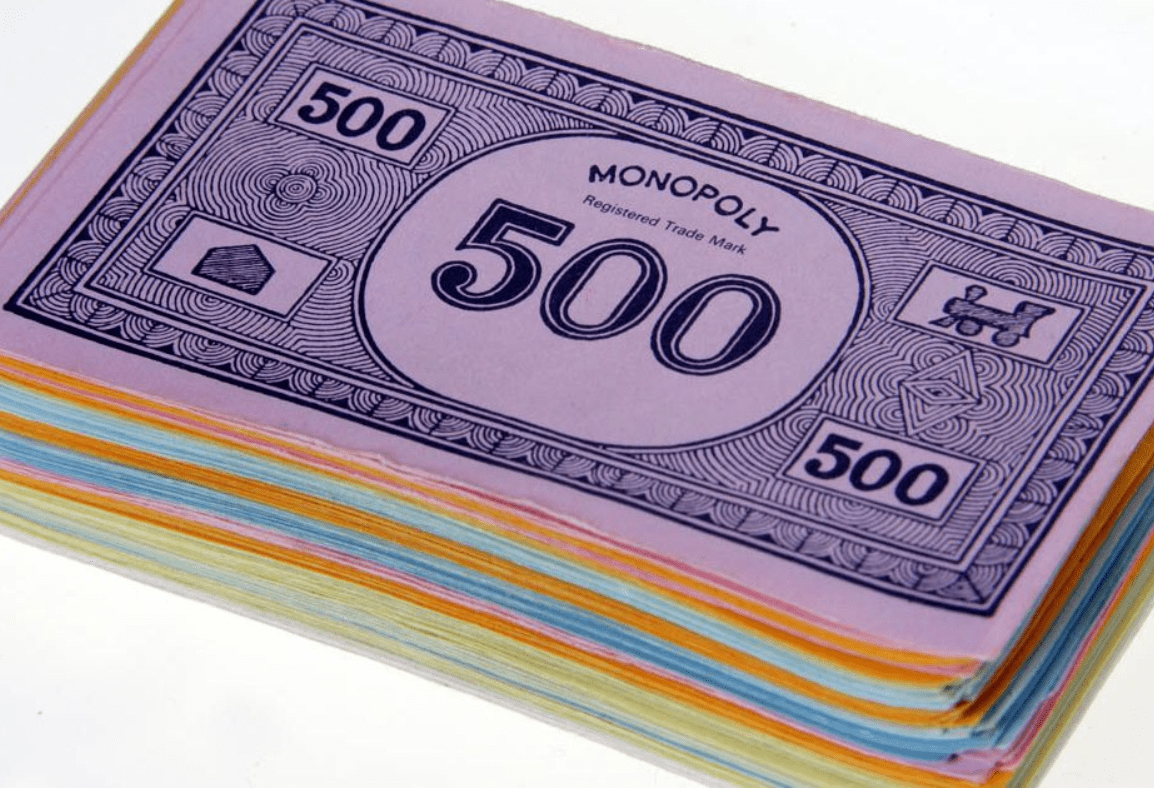Collectables, rarities, KS exclusive and more: the world of board games is like Piazza Affari, but pursuing profit you risk forgetting ethics
The prices of table games rise in the secondary markets and can touch very high figures; this situation often and willingly triggers the debate among professionals on how correct such practices are. Let’s try to clarify and, first of all, make sure we speak the same language.
Between ethics and profit of table games: let’s start with the terminology
Lawful: it defines what is allowed by moral laws and morality. A lawful thing is not necessarily legal and vice versa.
Legitimate: defines what is permitted by law and regulations. It is therefore synonymous with legal.
We also dare some rudiments of economic glossary (simplified and adapted to the situation)
Secondary market: the place (metaphorical and otherwise) where products that are not placed on the market for the first time are treated. Keep in mind that a game store can be both a primary and a secondary market; if for example it resells Kickstarter, or buys and sells used equipment, in those cases it represents a secondary market.
Speculation: an operation of buying in order to resell (or sell in order to buy back), making a profit from the difference in price; the term has a neutral meaning, even if in common parlance it has a negative value.
Profit maximization and ethics: wanting to give a very quick overview, the general approach has changed in recent decades; from a perspective of maximization of profit as a mantra, typical of the Anglo-American approach, we have moved towards an ever greater integration of ethics in economic and financial principles. This has led to terms known today as customer service, sustainable economy, etc.
Market law: the law of supply and demand provides that as the availability of a good varies, the price varies inversely (rarer goods cost more). To this microeconomic law, however, I feel I can approach what the theory of marketing provides, that is that the buyer, during the choice phase, will not choose only on the basis of price, but also the time he intends to invest in search of opportunities comes into play. best. Of course things are more complex, but broadly the concepts correspond.
A photograph of the Italian community
Therefore, starting from a common language, we propose again the question that inspired this article: “is it legitimate for a person to sell a game at any price he deems appropriate?”.
The question, deliberately provocative, was proposed a few months ago on social networks in groups dedicated to board games; with hundreds of responses, I tried to select a representative one for each major position.
The face of the no
“I put no only because I have it with those who speculate on it. If there are already limited copies of a game and you take several with the sole purpose of making a profit, you are effectively against this hobby. Then if you take a game you don’t like for any reason, you sell it at the price you rightly want. “
In this case, the problem of maximizing profit collides with ethics; the objection is that, in a sector like this where there is a very high rate of personal involvement, an ethical pricing criterion should avoid increasing the margin excessively, taking advantage of the affective and emotional value. Furthermore, an implicit reference is also made to the purpose of the games, that is social and aggregative, which as such should be protected, to a certain extent.
The face of yes
“Yes, it is legitimate; because we are not talking about assets owned in monopoly or that serve to save human lives. If I’m not willing to buy at a certain price, I go to another one or wait for the price to drop. I also add that the seller limits himself to proposing a price; it is up to the buyer to refuse or treat it; it is at the moment of the exchange that the price becomes effective. If I pay a lot, it’s my fault that I didn’t “smell” the deal when it was its time. “
This answer, and in general the yes front, was by far the majority one; sure, it is legitimate, as specified at the beginning. But be careful not to exacerbate this reasoning, because if one day the big producers like Asmodee and CMON would sign up and triple the average price of board games, I am sure that a unanimous cry would be raised to invoke ethics and condemn injustice.
A more cautious and critical position
“Discussion like the chicken and the egg. On the one hand, there is the market which tends to determine a rough price. On the one hand, the freedom to decide at what price to sell your object and finally the legitimate power to ignore off-market sellers. “
A very diplomatic response, however, he saw a fair number of agreements.
To better understand: how the Kickstarter exclusive mechanism triggers unethical profit in table games
Of course, our discussion does not concern the games regularly distributed by large-scale distribution; they have a well-defined primary market price, constant availability and secondary markets adjust accordingly. Even the phenomenon of vintage games alone would not be enough to justify it; many hobbies, many sectors feature period pieces and a relatively high price is universally accepted for them. Our attention is mostly turned to Kickstarter, the real notorious protagonists of this situation; let’s try to explain well what it is.
Kickstarter is a crowdfunding platform; in other words, it is a showcase that allows those who have a project to be able to produce and market it without going through traditional credit institutions to raise funds. Rather, the idea can be proposed directly to end users who, if interested, agree to purchase a copy of the product, paying in advance; once the necessary amount of funds has been reached, production starts and, with a lot of patience, months or years later, whoever bought the good in question will finally receive it. In short, the process is reversed: first it is sold, then it is produced.
What do board games have to do with it?
Let’s come to us: the Ten years proved to be the golden age of board games; there has been a real economic boom in the sector and the plethora of enthusiasts has grown in number and critical sense. All this also happened thanks to Kickstarter, where many publishers choose to release their games, thanks to the excellent economic conditions; on the other hand, it is as if the business risk is partially eliminated, by producing only the copies that will be sold.
However, it often happens that biblical waiting times discourage many potential financiers (or backers); here is the practice: to link the KS edition of the game with exclusive contents (often very attractive, if not even necessary). This content is called Kickstarter exclusive, as it will be produced in a limited edition; therefore the brave who finance the project, when months or years later they receive the precious loot, will be even more satisfied.
Ça va sans dire, the result is that the custom of buying even more copies of the exclusives for the sole purpose of reselling them with margins of up to 200% is the protagonist of so much discussion within the Italian community (and not only, it is assumed).

An example of Kickstarter exclusive for the Blood Rage campaign.
Where do ethics and profit meet in table games?
It is impossible to give an unambiguous and definitive answer, since everyone has their own paradigm of ethical values. We can, however, try to reason with common sense, starting from a numerical datum.
Let’s take into account that table games are not actions, but sources of fun and aggregation, as established.
We also take into account that they still remain an economic good, which therefore, willy-nilly, obeys the laws of the market.
Let’s try to give substance to this long reasoning, let’s try to get to a point.
But to get there you have to start: so where to start concretely, I asked myself.
Let’s start from here: in Italy, the highest possible threshold for classifying wear is around 23%. It is true, here we are not talking about usury, it is not about money, we are not in the field of illegitimacy, we certainly agree. However, I personally find that on a moral level the two practices are not so distant; before jumping on the chair, I would like to point out that I am not comparing those who systematically resell at high margins to a usurer, absolutely not. Uniquely, I identify some parallelism, frankly not so hidden, but only this.
Would it therefore be too much to think of establishing a symbolic threshold at the margin of around 25-30%, beyond which it would be legitimate to consider the price too high, ethically? If I buy a KS for € 100 and sell it for € 130, can I be satisfied?
I hope that such a wish does not send too many people the wrong way; however, if you want to express your opinion, you can also do so by commenting at the bottom of the article.
And if in doubt, good game to everyone and everyone.















